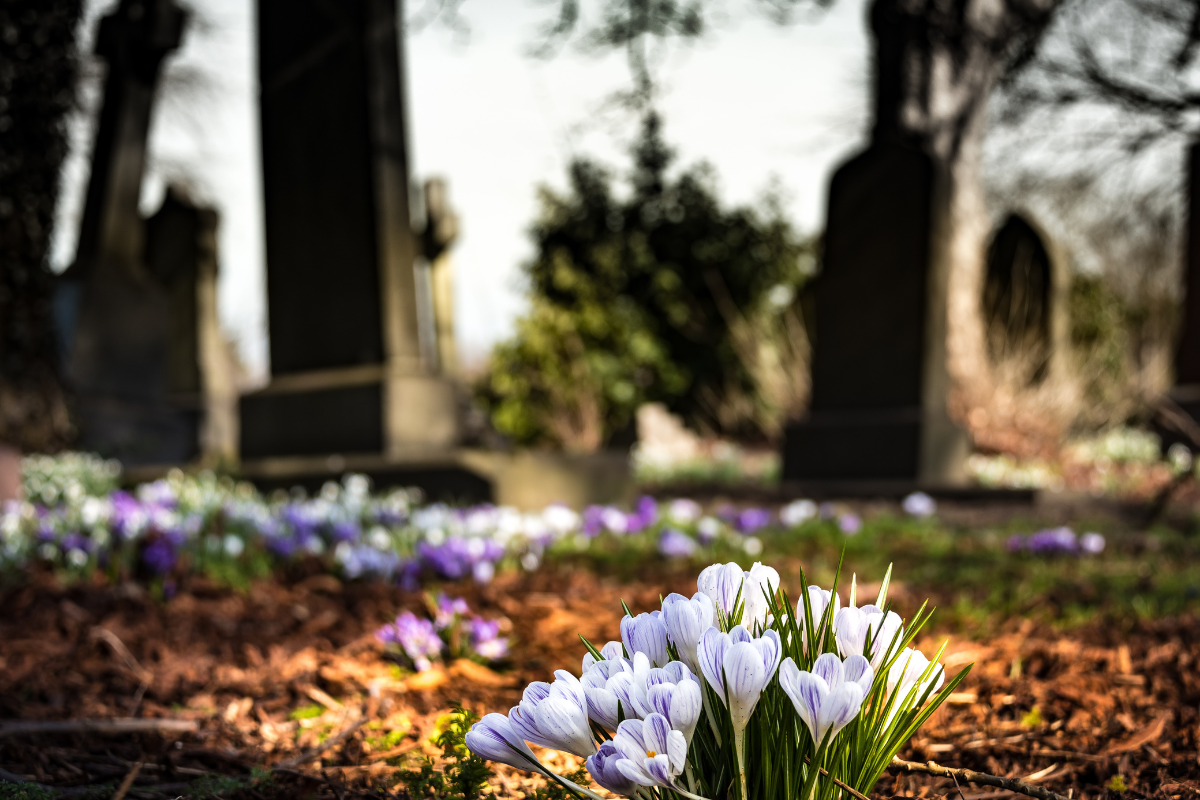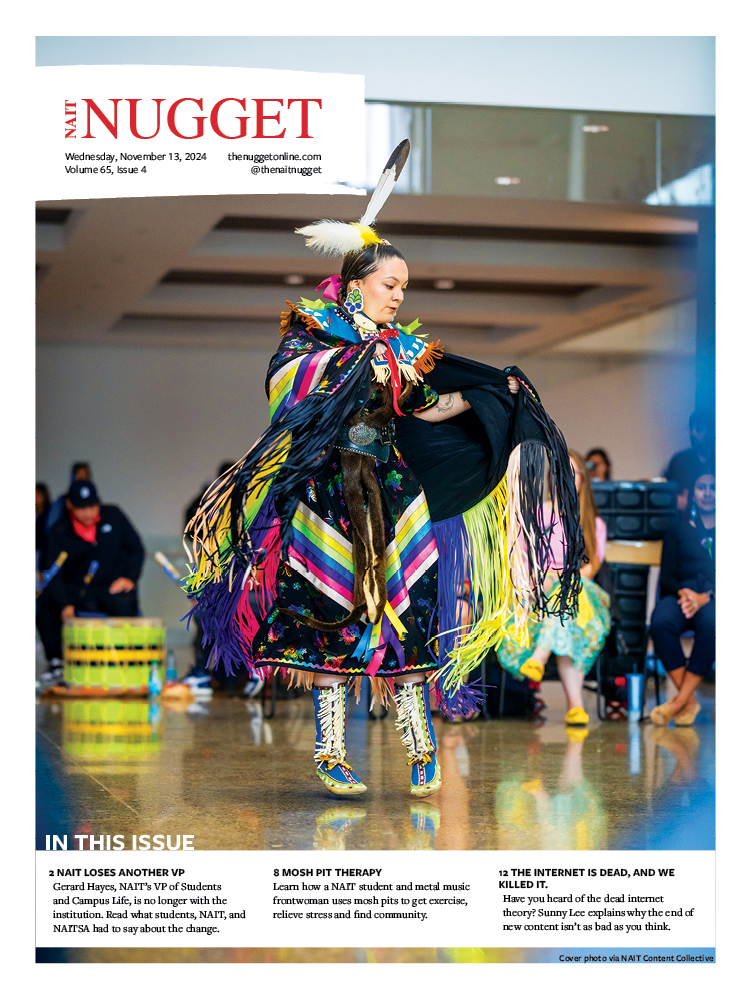Like many in my generation, I’ve come to acknowledge death rather than fear it. Many aspects of the modern age brought it to the forefront of our minds. News is more accessible than ever, so we see a mass amount of deaths openly discussed daily. We also indirectly experienced death via the films we watched and video games we played growing up. We were introduced to war from a very young age with the War in Afghanistan. We grew up in a recession, and we’re seeing a recession again in our adulthood. And that’s immediately after the worst pandemic since the Spanish Flu. So we’ve spent most of our lives learning to accept its inevitability. And while this is concerning, it’s the reality we’ve grown accustomed to.
Gen Z has a very morbid sense of humour. We often joke about “accepting the sweet embrace of death” on social media. This isn’t because we actually want to die. Instead, we treat it as an eventual comfort rather than a terrifying end.
I was 25 when the Covid-19 pandemic hit. It was during the lockdown that I started exploring nihilism again. I questioned my purpose due to the growing political divide in the world and my own self-isolation. And I concluded that I don’t have a purpose. While some more vocal nihilists let this conclusion throw them into a spiral of depression, I found it freeing. I believe that we should strive to make the lives of others better but accept that nothing is permanent. We live, and then we die. It’s what we do with our lives that matters, and that’s our choice to make.
My generation barely had a buffer before our introduction to the concept of our mortality. So it makes sense that we’ve come to accept and understand death rather than fear it. But this is just the point of view of your average Gen Z nihilist.






